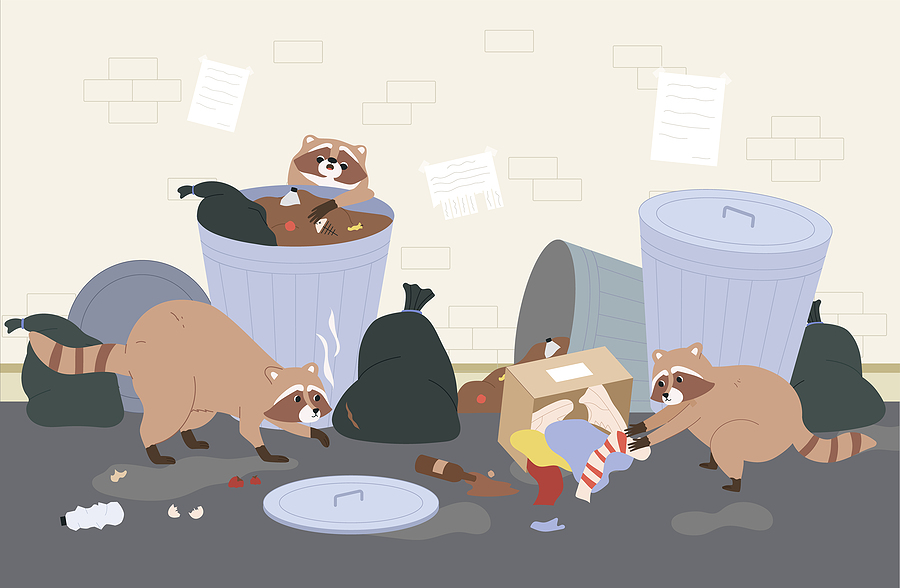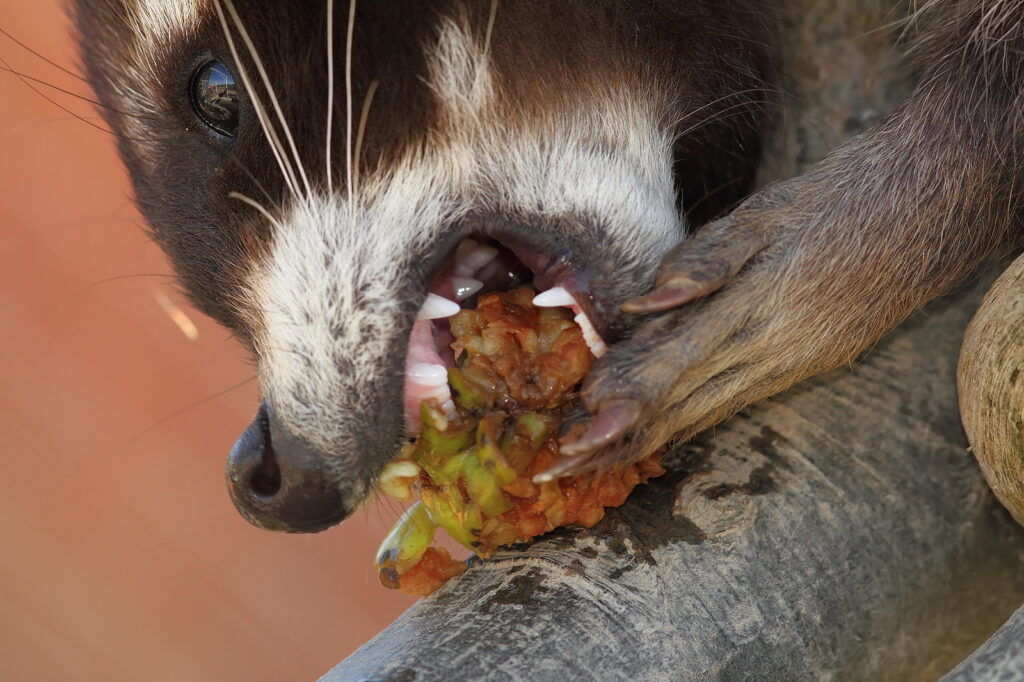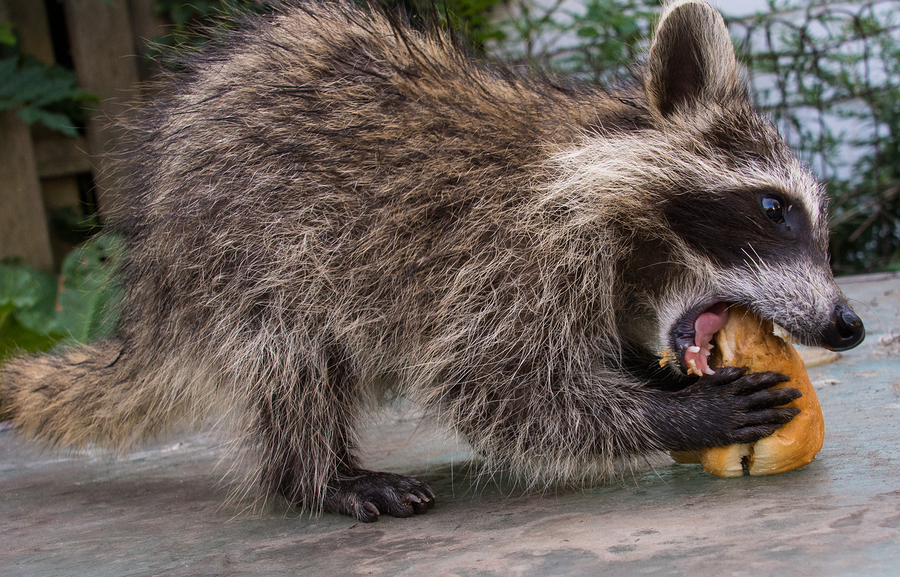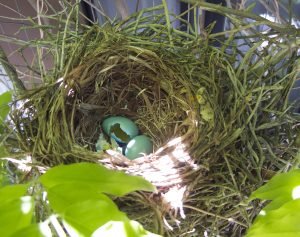Raccoons are one of the most adaptable animals in North America, and they’re increasingly making their homes in urban areas. As cities expand into raccoon habitat, these clever critters have learned to make the best of city living. But while having a wild animal as a neighbor can be exciting, it’s important for homeowners to understand how to coexist with raccoons safely and humanely.
In this blog post, we’ll take an in-depth look at how raccoons live in urban areas and what you need to know about raccoon control if they become unwelcome visitors to your property.

How Raccoon Populations Thrive in Residential and Commercial Areas
They Eat Practically Anything
Raccoons are omnivores, so they can eat almost anything. They love to feast on fruits, nuts, and berries from backyard gardens, and they’ll happily rummage through garbage cans in search of an easy meal. Raccoons will also explore dumpsters and compost bins for food scraps. To protect their food sources, raccoons have become expert climbers, able to scale the sides of buildings and trees with ease. This allows them to access areas that other animals can’t reach.
They are Skilled at Finding Shelter
In addition to having excellent food hoarding skills, raccoons are adept at finding shelter in urban areas. They often make their homes in attics or under porches during the colder months of the year, taking advantage of the warmth and protection that a man-made structure provides. Raccoons may also take up residence in tree cavities or abandoned burrows, finding security and safety from potential predators.
They are Intelligent and Agile
Their exceptional intelligence and problem-solving skills have made raccoons a tricky nuisance for many city and suburb dwellers. They have learned to thrive in human-dominated habitats and are often found scavenging through garbage cans and climbing onto rooftops in search of food. These intelligent creatures have learned how to outsmart humans by opening latches and doors, and even picking locks. They are agile climbers, expert swimmers, and can run at impressive speeds when needed.
Protect Your Property With Raccoon Control
If you have raccoons living on your property, it’s important to remember that they are wild animals and should be treated with respect. As such, homeowners should take steps to discourage raccoon activity by removing any potential food sources like pet food dishes or uncovered garbage cans. If you need to deter raccoons from entering certain areas of your home, there are humane wildlife control methods available that can help keep them out without harming them. These include using motion-activated sprinklers or ultrasonic devices to startle away curious critters.
Professional Raccoon Removal Services
If you are dealing with a nuisance raccoon problem that won’t seem to go away, contact a local and licensed wildlife control company for raccoon removal services. They have the proper licensing, training, and resources to safely get rid of raccoons without disturbing other areas of your property. Keep in mind that many states have laws that forbid home and property owners from harming or trapping wildlife without the proper permits, including raccoons. Always enlist the job of raccoon trapping and removal to a licensed pro.
Are you ready to skip the hassle of animal-proofing against raccoons yourself? Contact Indianapolis Raccoon Removal at 317-535-4605 for prompt and professional raccoon control services in Indianapolis, Indiana and its surrounding counties. We serve residential and commercial customers with the most economic rates around.
Related Posts:
The Dangers of Trying to Remove Raccoons Yourself
9 Tips for Keeping Raccoons Away From Your Home
How to Determine if You Have an Infestation of Raccoons in Your Home





